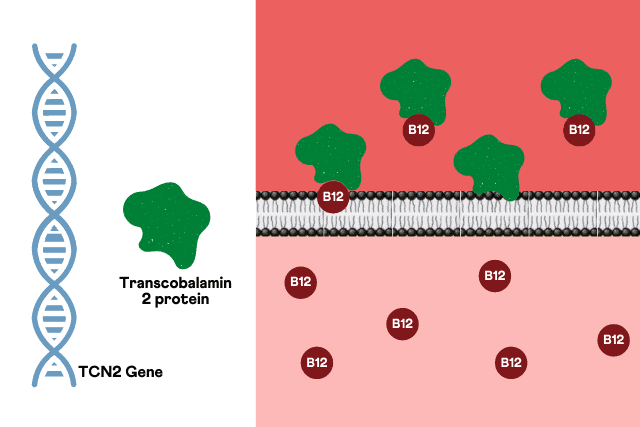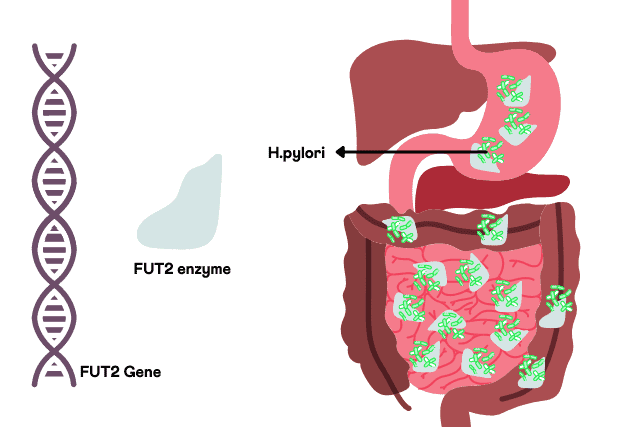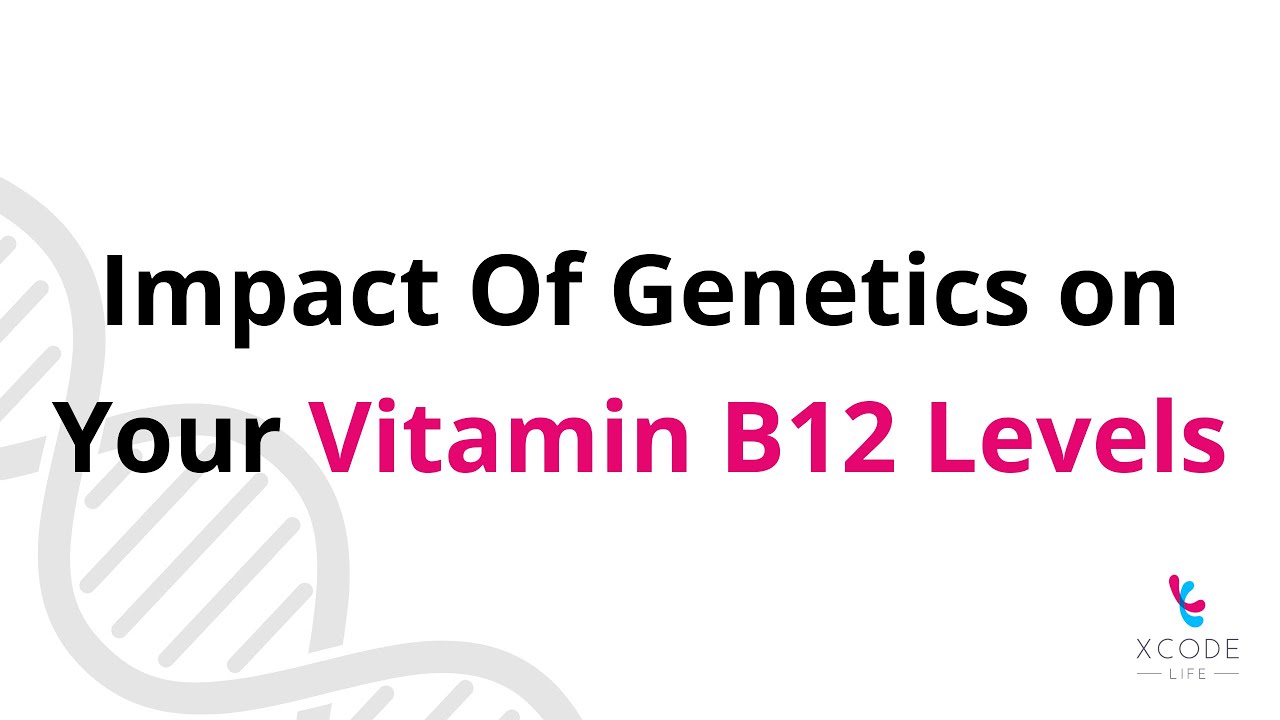What Is Vitamin B12 and What Does It Do?
Vitamin B12, also called cobalamin, is one of the crucial nutrients for DNA synthesis and red blood cell formation. It is a water-soluble vitamin and is easily absorbed into and metabolized by the body. Vitamin B12 is crucial for preventing megaloblastic anemia, a blood condition that makes people tired and weak.
Vitamin B12 Requirements
The vitamin B12 requirements vary according to age and health conditions. An average healthy adult's Recommended Dietary Allowances or RDA of vitamin B12 is 2.4 micrograms. This requirement increases to 2.4 and 2.8 micrograms for pregnant and lactating women, respectively.
As you age, the absorption of several nutrients, including vitamin B12, is reduced. The RDA for elderly individuals varies from 25 to 100 micrograms.
Food Sources of Vitamin B12
It is quite easy to obtain this vitamin from dietary sources like fish, meat, egg, and dairy products. If you do not consume meat or dairy, you can still get your vitamin B12 from fortified food sources, like plant-based milk, cereals, and grains.
But natural food sources provide more vitamin B12 than fortified ones. People on vegetarian and vegan diets are at an increased risk for vitamin B12 deficiency.
Vitamin B12 Deficiency Symptoms
Some notable symptoms of vitamin B12 deficiency include pale skin, fatigue, mouth ulcers, mood changes, and confusion. It can also lead to megaloblastic anemia, characterized by the circulation of abnormally large red blood cells.
Vitamin B12 Deficiency Causes
A common cause of vitamin B12 deficiency is pernicious anemia, in which your immune system mistakenly attacks cells that are required to absorb vitamin B12.
Other causes of vitamin B12 deficiency may include certain medications like proton pump inhibitors and gastrointestinal disorders like Crohn's disease.
Genetics of Vitamin B12 Deficiency
Genetics is another factor that can influence vitamin B12 levels. Based on your genes, you may be inclined to either have increased or decreased levels of vitamin B12.
The TCN2 gene contains information to produce the transcobalamin 2 protein, which is involved in the transportation of vitamin B12 from blood to the cells in the body. Certain changes in this gene can affect your vitamin B12 levels in the body.
FUT2 is yet another important gene that influences the absorption of vitamin B12 in the body. FUT2 contains information to produce an enzyme that is necessary for the attachment of a harmful bacteria called Helicobacter pylori to the digestive tract. This bacteria impairs the absorption of vitamin B12 from food.
Vitamin B12 Genetic Test
You can find out if you have any genetic variations that affect your vitamin B12 levels. This can be done through a genetic test.
Most genetic tests provide your DNA information in the form of a text file called the raw DNA data. This data may seem like Greek and Latin to you.
We, at Xcode Life, can help you interpret this data. All you have to do is upload your raw data and order a nutrition report. Xcode Life then analyzes your raw data in detail to provide you with comprehensive nutrition analysis, including information on your vitamin B12 levels.








